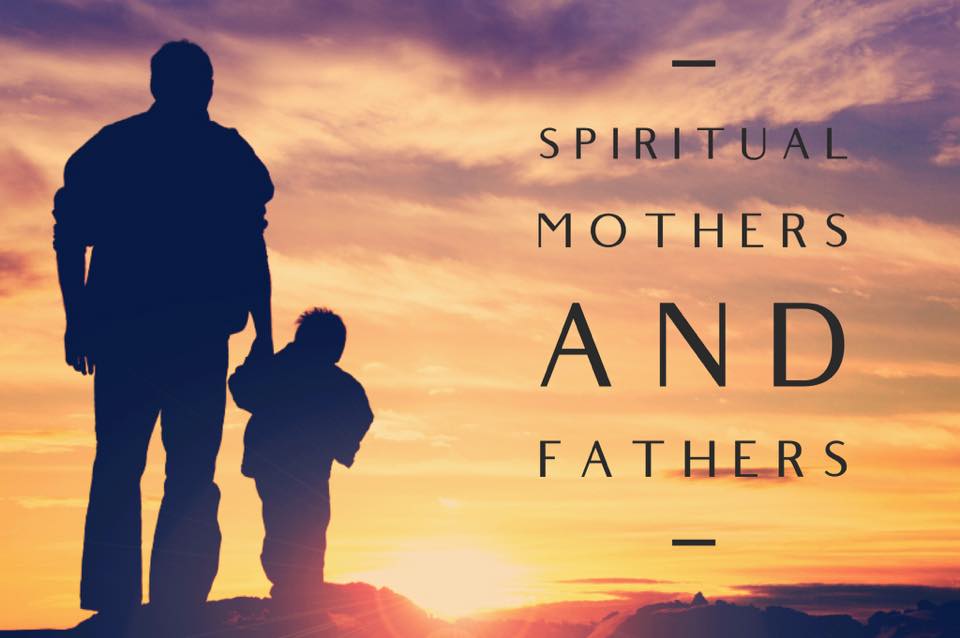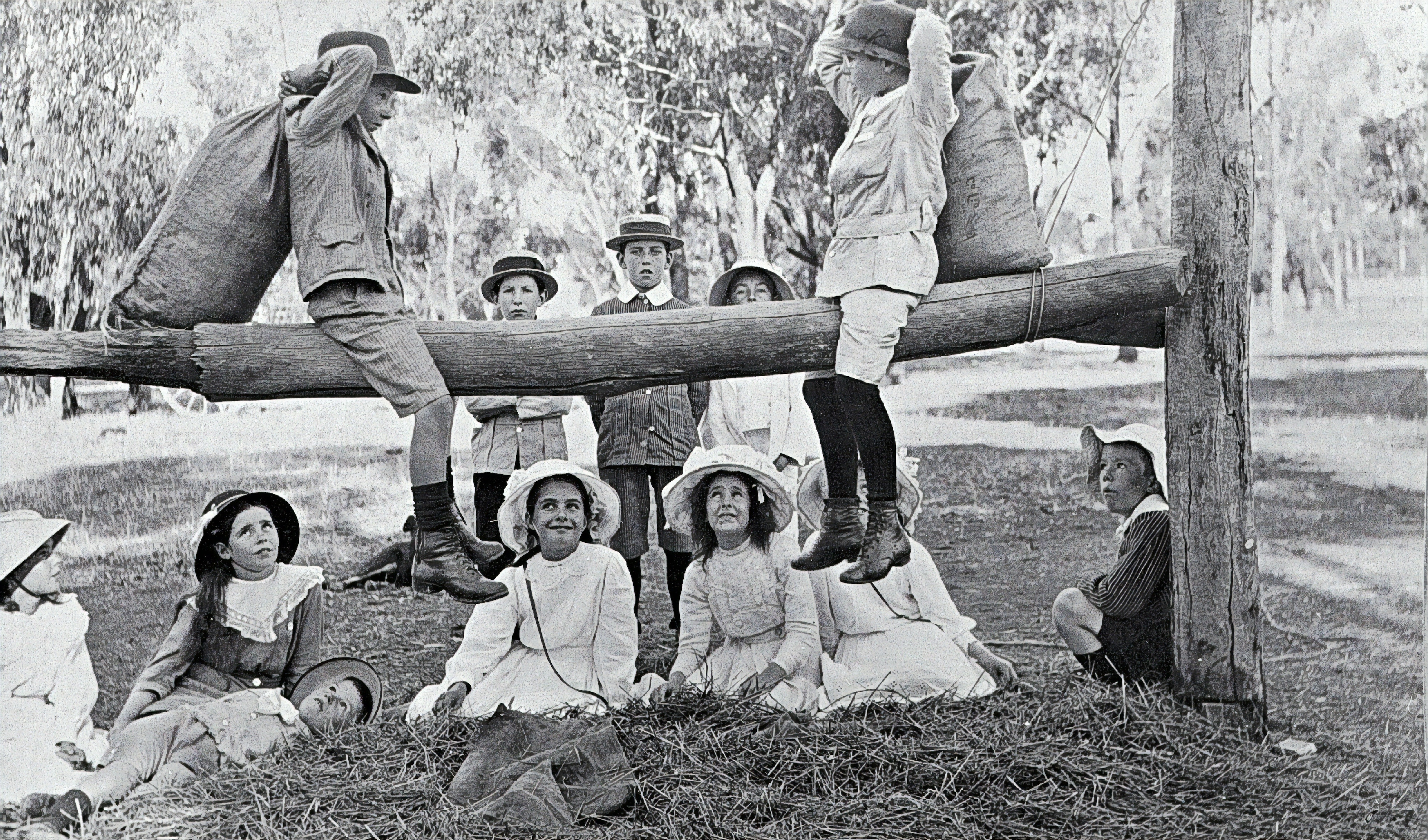Spiritual Mothers and Fathers
How can someone grow in their faith and see great change in their lives?
The crying need of a generation and believers is for spiritual mothers and fathers.
There is an overload of information, resources, coaches and mentors available. But very few spiritual mothers and fathers.
And yet nothing influences people more than someone who genuinely cares, loves and invests in their life like a spiritual mother or father. A spiritual mother or father connects because they have proximity, time, love and integrity. This foundation creates the atmosphere for influence.
A child is looking for play and purpose.
Photo by Museums Victoria on Unsplash
They are looking for someone to share the fun and the pain with. And spiritual parents love both. They love to be there and share the fun and laughter but they are also quick to run and comfort when needed.
So if we are every to see a generation changed (saved and discipled) it is going to require an load of spiritual mothers and fathers.
Everyone of you is called to spiritually mother/father someone. Why? Our greatest commandment is to love God and people. And how are we to love people? With the same love, affection and sacrifice of a parent.
So who is your spiritual parent? And who are you a spiritual parent to?
Read and meditate on the verse below and ask the Holy Spirit to show you who to focus on and how to love like a mother and father.
For if you were to have countless tutors in Christ, yet you would not have many fathers, for in Christ Jesus I became your father through the gospel. 1 Corinthians 4:15
“But we were gentle among you, like a nursing mother taking care of her own children. So, being affectionately desirous of you, we were ready to share with you not only the gospel of God but also our own selves, because you had become very dear to us.
For you remember, brothers, our labor and toil: we worked night and day, that we might not be a burden to any of you, while we proclaimed to you the gospel of God.
For you know how, like a father with his children, we exhorted each one of you and encouraged you and charged you to walk in a manner worthy of God, who calls you into his own kingdom and glory.”
1 Thessalonians 2:7-9, 11-12 ESV
Mike Breen puts it like this:
“HISTORICAL OIKOS
There is a very important tie between oikos (the households of faith of 20-70 we read about in the Bible) and discipleship in the New Testament. You see, in the Gospels and the book of Acts, the word “disciple” is used over and over again. But then, out of nowhere, after the book of Acts that word virtually disappears from scripture.
There’s no mention of the word “disciple.” It has been argued by some that this means that discipleship is now in the hands of “The Church” and people are spiritually formed almost exclusively through church participation. The concept of one person investing into the life of another, giving his or her own life as something worth imitating, no longer applies.
My belief is that it is still alive and well, but it was then primarily discussed in the metaphor of parent and child. In a more Jewish tradition, the premise of having disciples made sense. But in a more Greek culture, the way a parent relates to a child connects more with the audience while still carrying the context of how discipleship happens.
So you have Paul calling Timothy his “dear son” and the Apostle John, over and over again, pleading with his “dearly loved children.” The metaphor was that as we raise children to maturity, teaching them invaluable life skills and lessons, we too must have spiritual parents that invest in us, nurture us and lead us to maturity as spiritual children.
For the majority of the New Testament, that is the way it discusses discipleship, in the metaphor of parent to child. And what was the context in which this relationship was nurtured and developed?
Through the place and prominence of the oikos, the household, the extended family. To place this point historically, in the third and fourth centuries, the first renewal movements swept through the church through early monastic communities. The first leaders of these communities were called abba (daddy/papa/father), whether they were men or women, because it was a genderless expression for the person.
It signified they
were being parented and “fathered” as God was continuing to father them all. The point? In the whole of the New Testament and all the way through the early church, discipleship within an extended family context was inseparable. And each extended family had someone leading the family.”
Breen, Mike. Multiplying Missional Leaders . Kindle Edition.



